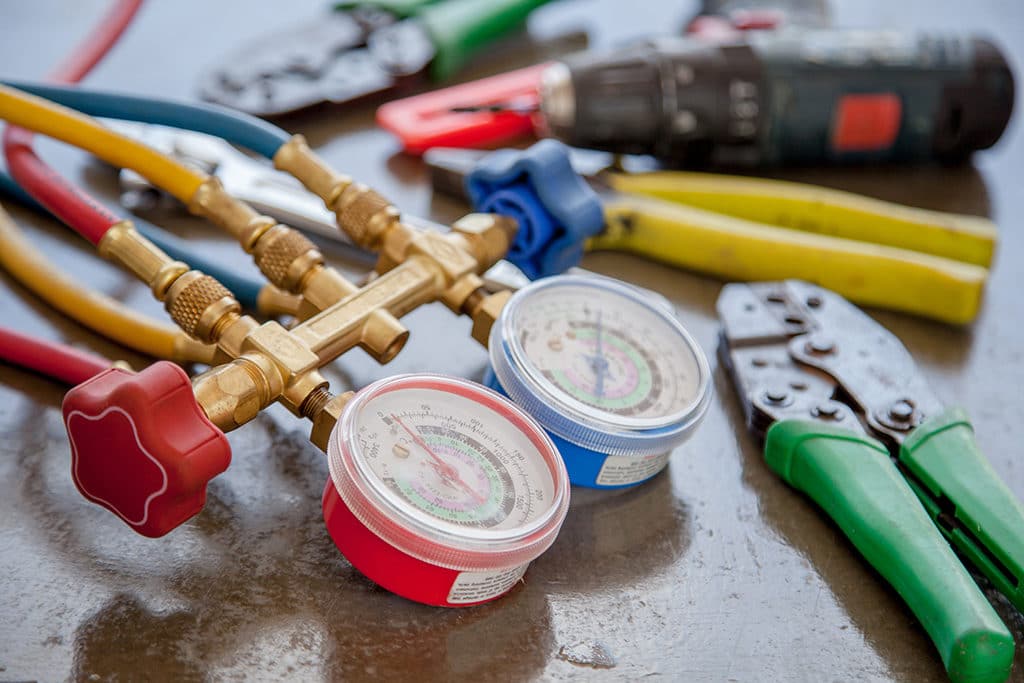
Heating, Ventilation, and Air conditioning (HVAC) services play a crucial role in maintaining comfortable indoor environments across residential, commercial, and industrial spaces. From regulating temperature and humidity to ensuring air quality, HVAC systems are integral to modern living and working conditions. This article explores the importance Refrigeration services Oakville of HVAC services, their components, maintenance, and advancements shaping the industry today.
Importance of HVAC Services
HVAC systems are designed to provide thermal comfort and acceptable indoor air quality. In residential settings, they ensure that homes remain warm in winter and cool in summer, adapting to seasonal changes effortlessly. In commercial and industrial settings, HVAC systems not only maintain comfort but also support processes that require specific environmental conditions, such as manufacturing and data centers.
Components of HVAC Systems
Heating Systems: Furnaces, boilers, and heat pumps are common heating components. They generate warmth by burning fuel or transferring heat from one place to another.
Ventilation Systems: Ventilation ensures the circulation of fresh air throughout the building while removing stale air, odors, and pollutants. It includes fans, ductwork, and vents.
Air conditioning Systems: Air conditioners and cooling towers regulate indoor temperature and humidity levels by removing heat and moisture from the air.
Control Systems: Thermostats and sensors monitor and regulate temperature, humidity, and air quality, ensuring optimal performance and energy efficiency.
Importance of Regular Maintenance
Regular maintenance is essential for the efficient and reliable operation of HVAC systems. It includes:
Filter Replacement: Clean filters improve air quality and system efficiency.
Inspection of Components: Regular checks prevent breakdowns and extend the lifespan of equipment.
Cleaning and Lubrication: Ensure smooth operation of moving parts.
System Calibration: Adjust settings for optimal performance and energy efficiency.
Advancements in HVAC Technology
Recent advancements are revolutionizing the HVAC industry:
Smart HVAC Systems: Integration with smart technology allows remote monitoring and control via smartphones, optimizing energy use and comfort.
Energy Efficiency: High-efficiency HVAC systems reduce energy consumption and operating costs while minimizing environmental impact.
Air quality Enhancements: Advanced filters and UV sterilization systems improve indoor air quality by reducing allergens, microbes, and volatile organic compounds (VOCs).
Choosing HVAC Services
When selecting HVAC services, consider the provider’s reputation, experience, and commitment to customer satisfaction. Look for certifications, such as those from the Environmental Protection Agency (EPA) for refrigerant handling, which ensure compliance with industry standards and regulations.
In conclusion, HVAC services are vital for maintaining comfortable and healthy indoor environments. Regular maintenance and leveraging technological advancements not only enhance system efficiency and lifespan but also contribute to sustainable living practices. By understanding the components and benefits of HVAC systems, individuals and businesses can make informed decisions to ensure optimal indoor comfort year-round.